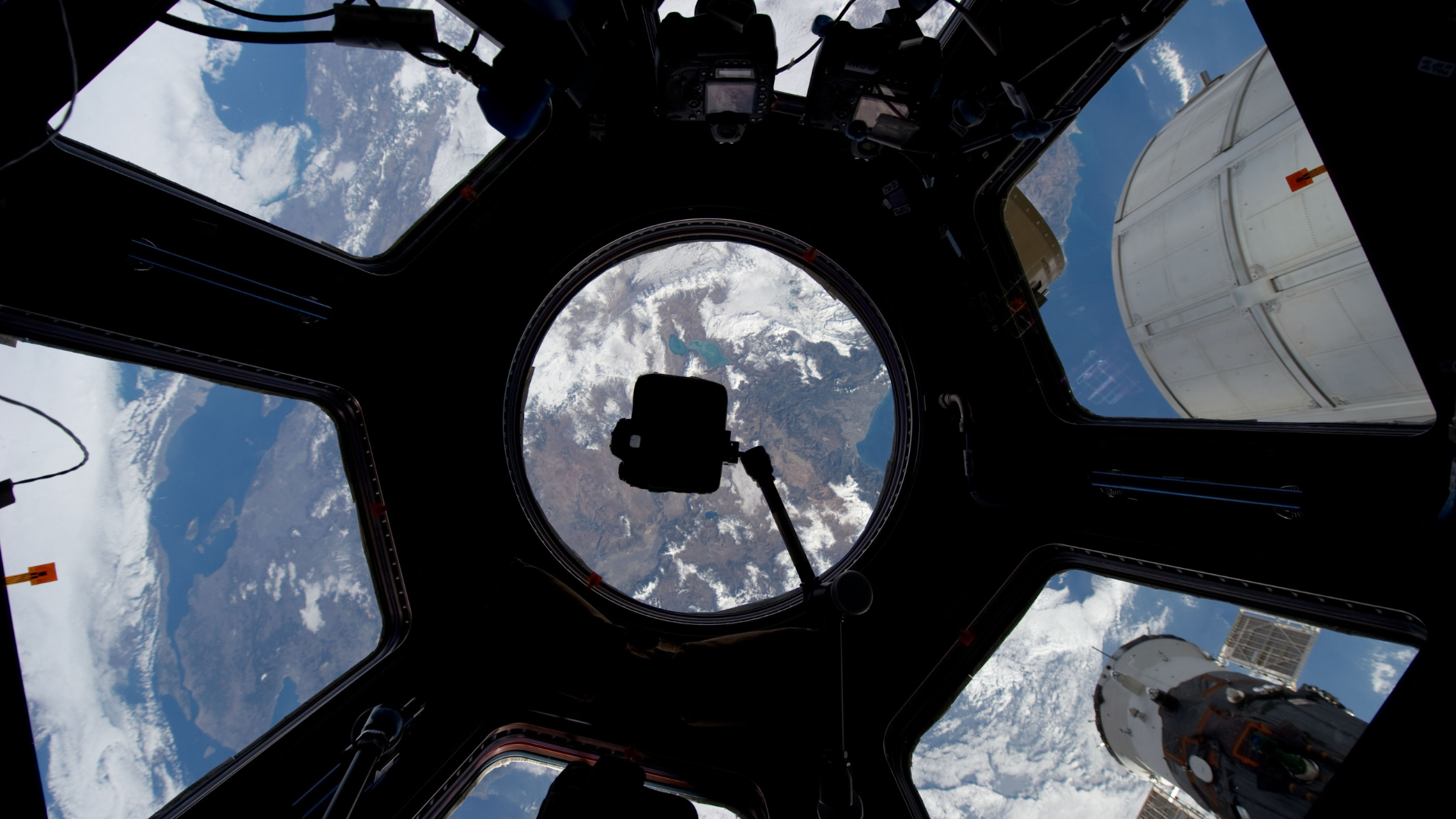In May 2025, the Polish technological and scientific mission IGNIS will begin on the International Space Station (ISS). One of the key experiments will be PhotonGrav, a project aimed at testing the brain-computer interface in microgravity conditions. Dr. Sławosz Uznański, a project astronaut at the European Space Agency (ESA) and Ax-4 mission specialist, is responsible for conducting the experiment.
Purpose and methodology of the experiment
PhotonGrav aims to evaluate the performance of a brain-computer interface (BCI) in microgravity conditions. The device, developed by Cortivision, uses functional near-infrared spectroscopy technology (fNIRS) to monitor brain activity by analyzing blood flow and oxygen consumption in different areas of the brain. This data is transmitted to a computer via Bluetooth, allowing the user to control applications using only their thoughts.
As part of the experiment, the astronaut will perform tasks requiring concentration, such as mentally multiplying two-digit numbers, and relaxation states achieved by avoiding intense thoughts. The system analyzes brain activity patterns, allowing the user to control a computer application, for example by moving a bar on the screen in a specific direction.
The importance of microgravity research
Microgravity conditions can affect blood flow in the brain, which in turn can interfere with the signals recorded by the device. Conducting the experiment on the ISS will allow us to assess whether the BCI interface can be used effectively in space, where traditional methods of communication may be limited. Potential applications include situations where movement is difficult or where monitoring brain activity is important for safety reasons, both in space and on Earth.
Ax-4 mission and Poland’s participation
The Ax-4 mission, carried out by Axiom Space in cooperation with ESA, NASA, and JAXA, is planned for May 2025. The launch will take place from the Kennedy Space Center in Florida using SpaceX’s Falcon 9 rocket, which will carry the Dragon crew capsule into orbit. The mission crew consists of Peggy Whitson (USA) – commander, Sławosz Uznański (Poland/ESA) – mission specialist, Shubhanshu Shukla (India) – pilot, and Tibor Kapu (Hungary) – mission specialist. The astronauts will spend about 14 days on the ISS conducting a series of scientific experiments, including PhotonGrav.
Dr. Sławosz Uznański, originally from Łódź, holds a PhD in microelectronics and is a scientist with experience at the European Organization for Nuclear Research (CERN), where he worked on high-reliability electronic systems. In 2022, he was selected for the ESA astronaut reserve, beating over 22,000 candidates from across Europe. Since September 2023, he has been participating in an intensive training program at the European Astronaut Center in Cologne, preparing for the Ax-4 mission.
The IGNIS mission, funded by the Ministry of Development and Technology and implemented with the support of ESA and Axiom Space, includes thirteen experiments in the fields of technology, biology, medicine, and psychology. Poland’s participation in this mission is an important step in the development of the national space sector and highlights Poland’s growing role in international research projects.
Sources: European Space Agency, POLSA – Polska Agencja Kosmiczna, POLSA – Polska Agencja Kosmiczna






